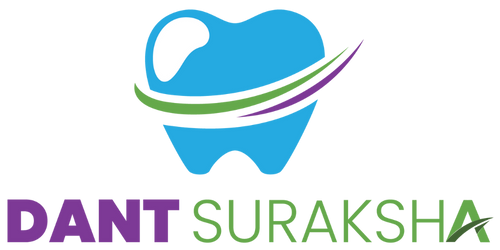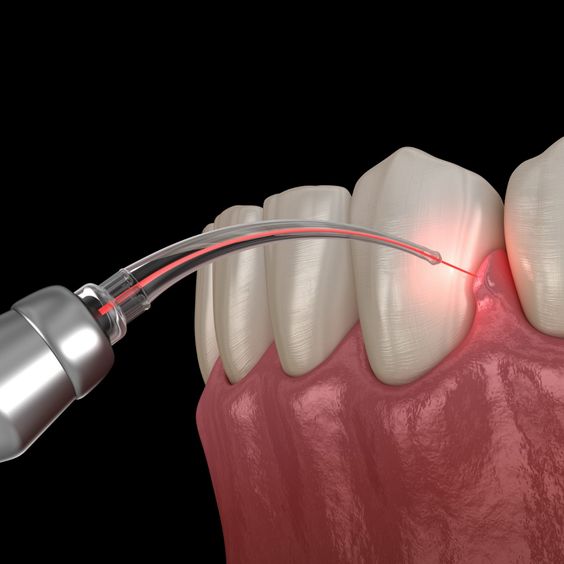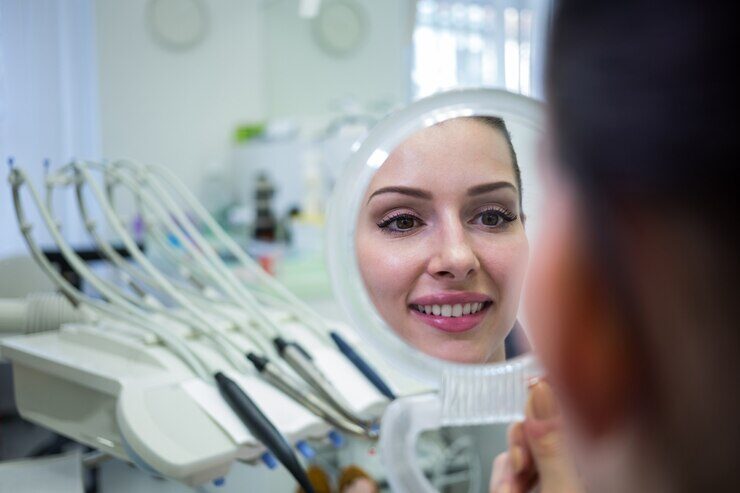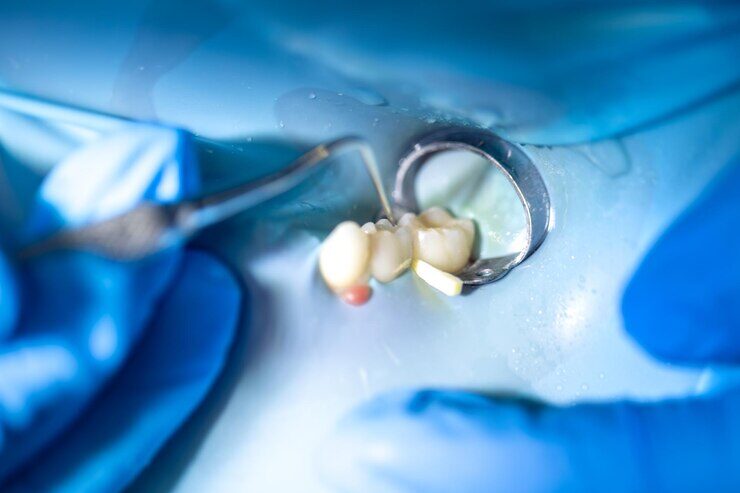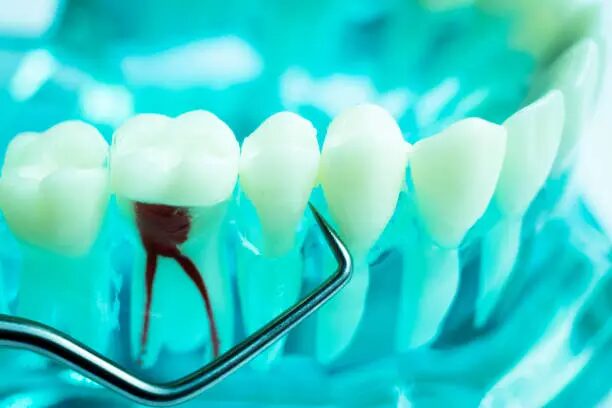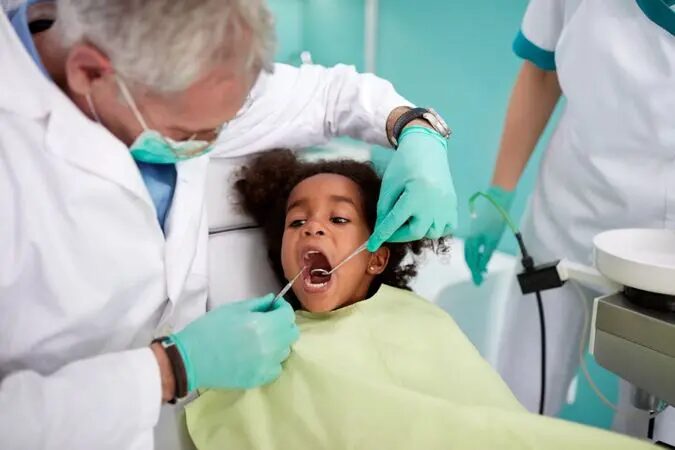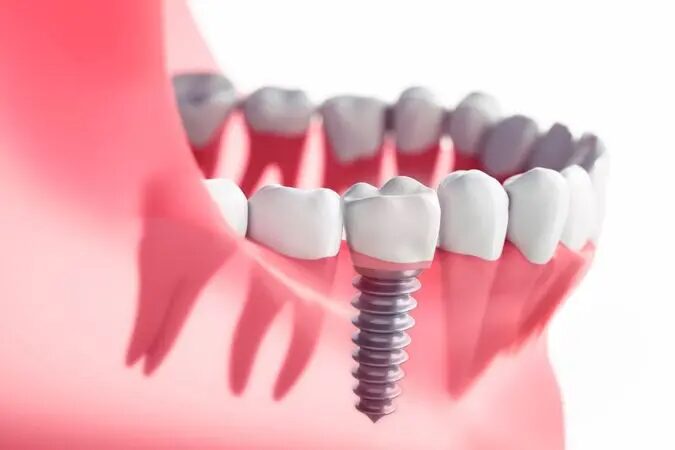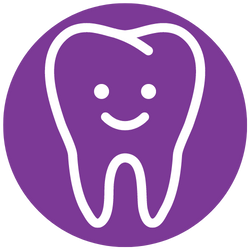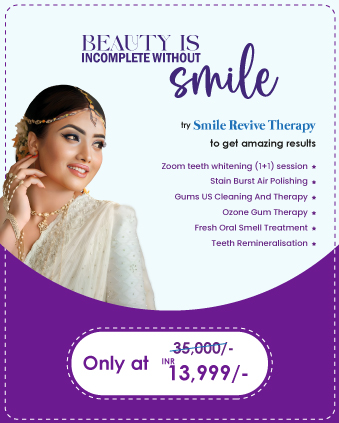Traditionally, the sound of a dental drill has been synonymous with dental visits, evoking feelings of apprehension in many. However, the landscape of dentistry has undergone a transformative shift with the advent of laser technology. Beyond the conventional tools, lasers have emerged as precise, minimally invasive instruments, revolutionizing various aspects of dental procedures. In this exploration, we delve into the evolution of laser technology in dentistry, unveiling its applications, benefits, and the paradigm shift it has brought to oral healthcare.
The Birth of Laser Dentistry
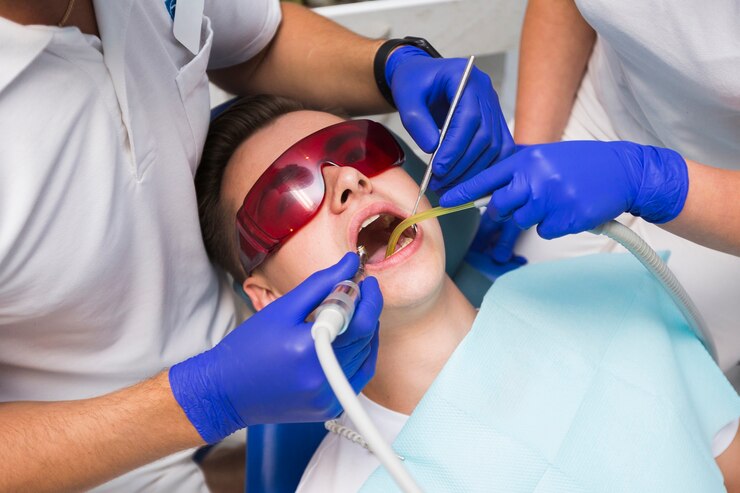
The introduction of lasers in dentistry dates back to the 1960s, with the ruby laser being the first type used. Over the years, various types of lasers, such as diode lasers, erbium lasers, and carbon dioxide lasers, have been developed and refined for specific dental applications. Today, laser dentistry is a dynamic field that continues to evolve, offering new possibilities for both practitioners and patients.
Laser Applications in Dentistry
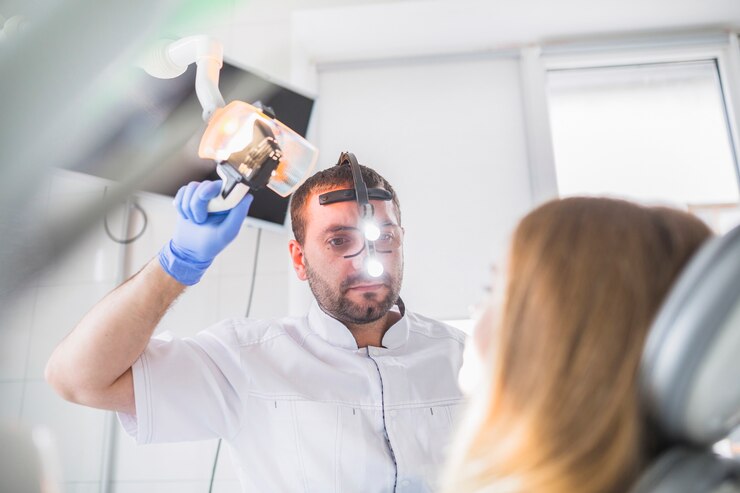
- Cavity Detection:
Laser fluorescence aids in the early detection of cavities by measuring the fluorescence emitted by bacteria-infected tooth structures. This allows for proactive intervention before cavities become extensive.
- Soft Tissue Procedures:
Lasers are widely used for soft tissue procedures, such as gum contouring, frenectomy (removal of a band of tissue connecting the lips to the gums), and treatment of oral lesions. The precision of lasers minimizes bleeding and reduces discomfort during these procedures.
- Tooth Whitening:
Laser-assisted teeth whitening enhances the effectiveness of whitening agents, speeding up the process and often requiring fewer sessions than traditional methods.
- Periodontal Treatments:
Lasers are employed in periodontal treatments to remove inflamed gum tissue and reduce bacterial infections. Laser periodontal therapy is less invasive than traditional surgery, promoting faster healing.
- Crown Lengthening:
For restorative purposes, lasers can be used for crown lengthening procedures to expose more of the tooth’s structure. This is often done before placing dental crowns.
- Treatment of Tooth Sensitivity:
Lasers are used to seal tubules on the tooth’s root surface, reducing tooth sensitivity by preventing stimuli from reaching the nerves.
- Dental Fillings:
Lasers can be employed in the removal of decay during dental fillings. The precision of lasers allows for minimal removal of healthy tooth structure.
- Biopsy and Lesion Removal:
Lasers are valuable tools for the removal of oral lesions and the performance of biopsies. The non-invasive nature of lasers facilitates faster healing and reduces post-operative discomfort.
Benefits of Laser Dentistry

- Minimally Invasive:
One of the primary advantages of laser dentistry is its minimally invasive nature. The precision of lasers allows for targeted treatment, preserving healthy tissue and minimizing discomfort for the patient.
- Reduced Discomfort:
The use of lasers often results in less pain and discomfort during and after procedures. Patients that are anxious about the dentist can especially benefit from this.
- Quicker Healing:
Laser procedures typically promote faster healing compared to traditional methods. The precision of lasers minimizes trauma to surrounding tissues.
- Reduced Bleeding:
Lasers have hemostatic properties, meaning they assist in blood clotting. This results in reduced bleeding during and after surgical procedures.
- Less Need for Anesthesia:
Many laser procedures can be performed with minimal or no anesthesia. This is advantageous for patients who may be sensitive or allergic to certain anesthetic agents.
- Versatility:
Laser technology is versatile and can be applied to a wide range of dental procedures, from cosmetic enhancements to surgical interventions.
- Improved Precision:
Lasers allow for highly precise targeting of specific tissues, reducing the risk of damage to adjacent structures.
Challenges and Considerations
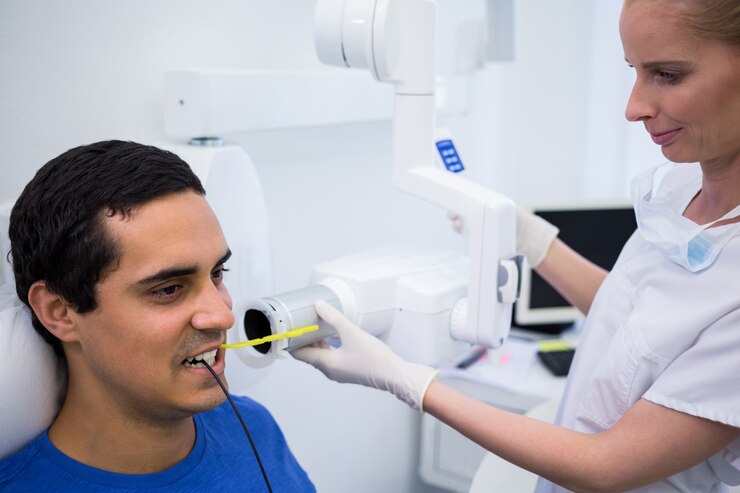
While laser dentistry has shown remarkable promise, it is essential to acknowledge certain considerations and challenges:
- Cost:
The initial investment in laser equipment can be significant, and not all dental practices may have access to this technology.
- Training and Expertise:
Dental professionals need specialized training to use lasers effectively. Ensuring that practitioners are well-versed in laser applications is crucial for optimal outcomes.
- Patient Acceptance:
Despite the benefits, some patients may still harbor apprehensions or misconceptions about laser dentistry. Patient education and communication are vital to address concerns.
- Limited Penetration:
Certain types of lasers have limited penetration depth, which may pose challenges in reaching deep tissues during certain procedures.
Future Directions and Innovations
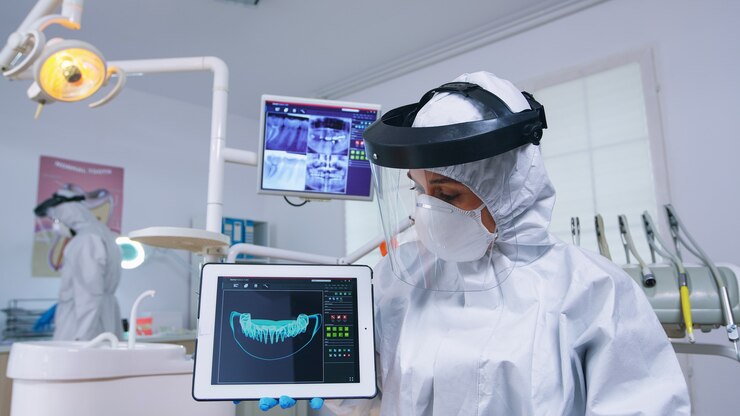
The evolution of laser technology in dentistry is ongoing, with researchers and practitioners exploring new applications and advancements. Innovations in laser technology may lead to even more precise and versatile instruments, further expanding the possibilities for minimally invasive dental procedures.
Conclusion: A Bright Future for Laser Dentistry
As laser technology continues to advance, its integration into dental practices is reshaping the landscape of oral healthcare. Beyond the drill, lasers offer a spectrum of benefits, from reduced discomfort to quicker healing, enhancing the overall patient experience. While challenges exist, the potential for improving dental procedures and patient outcomes is considerable.
The evolution of laser technology in dentistry underscores the ongoing commitment to providing innovative, patient-centric care. As research and development in this field progress, the bright future of laser dentistry promises not only enhanced treatment options but also a transformative shift in the way oral healthcare is approached and delivered. Embracing the precision of lasers, dentistry is entering a new era where procedures are not just effective but also more comfortable and patient-friendly than ever before.
